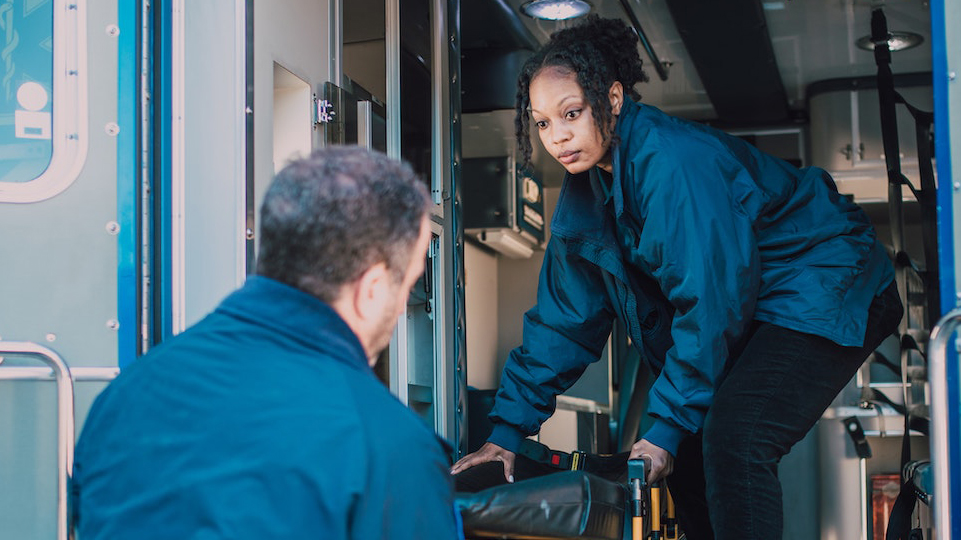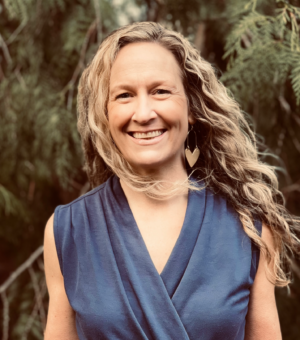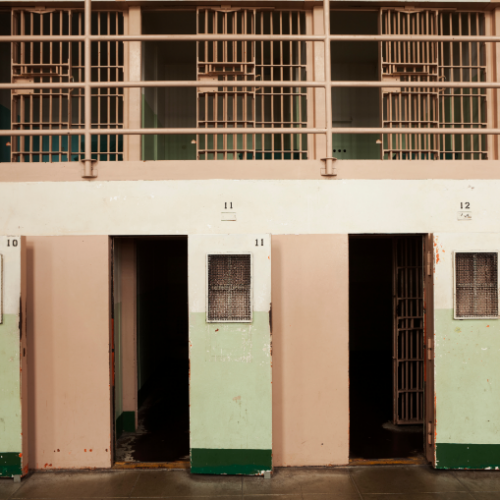
Apply Now: Community Responder/Crisis System Learning Community
********This application deadline has passed********
The Council of State Governments (CSG) Justice Center, in collaboration with the Center for Policing Equity (CPE), is hosting a virtual learning community focused on expanding community response teams and crisis system delivery through public health and community-centered approaches. The learning community will be led by CSG Justice Center policy staff and include opportunities for mutual learning and presentations from various attendees and leaders in the field. Participants will engage in process-oriented planning during the learning community sessions to significantly enhance their community’s emergency response system and include community responders as a way to divert community members in crisis from jails and emergency rooms and build out connections to care.
Teams will work through and complete a logic model. Upon completion of the learning community, they will be equipped with an action plan to help build their own community response program, including an implementation and funding plan. Sessions will cover key topics such as goal setting, community engagement, resource mapping, stakeholder buy-in, program development, sustainability, and more.
The Community Response/Crisis System Learning Community session dates will be:
- November 16, 2023
- January 11, 2024
- March 7, 2024
- May 2, 2024
- July 11, 2024
All sessions will take place 2:00–3:30 p.m. ET via Zoom web meeting.
If you have any questions, contact Anne Larsen at alarsen@csg.org.
This application should take approximately 10 minutes to complete.
Who should apply?
This learning community is open to teams that are in the planning or early implementation phase of developing a community responder program in their community. For the purposes of this application, we define community responder programs as: teams staffed by social workers, peers, mediators, EMTs, or paramedics. These teams provide a range of services including immediate assistance to people experiencing behavioral health (i.e., mental health and substance use) crises, wellness checks, assistance with housing needs, and additional low-level calls for service.
- Planning phase: A jurisdiction in its PLANNING phase has decided that a community responder program is appropriate to meet its needs and is taking steps to eventually implement the program. The jurisdiction should have a designated “point person” whose job consists of relaying the information learned during community listening sessions into clear and identifiable goals for the program.
- Early implementation phase: A jurisdiction in its EARLY IMPLEMENTATION phase has secured funding for its community responder program and designated a program manager to work with the advisory group.
Unsure about what phase your community responder team is in? Use the Expanding First Response Assessment Tool to help identify your community’s phase, whether it’s in exploration, planning, early implementation, pilot, or fully operational.
Applicants must have a shared team vision to use alternative approaches to community members in crisis due to poverty, substance use, and mental health in lieu of a law enforcement response.
Who should participate?
Applicants must participate as an interdisciplinary team, with each team including representatives such as (1) a behavioral health/public health representative; (2) a first responder (from law enforcement, fire, dispatch, emergency medical services); (3) a representative from community-based programs such as recovery services, peer supports, or shelter/ housing; (4) a community representative; and (5) a local city/county staff person or elected official. In addition to these team members, applicants are encouraged to include a community member or family member who has experienced or been impacted by substance use, mental health, or incarceration.
Photo by RDNE Stock project via Pexels
Project Contact

A positive school experience, where a child feels secure, is essential for their well-being. However, for many children…
Read MoreWhen returning to their communities from criminal justice settings, people with behavioral health needs face barriers in accessing…
Read More Supporting Children of Incarcerated Parents: Reimagining School and Community Collaboration
Supporting Children of Incarcerated Parents: Reimagining School and Community Collaboration
A positive school experience, where a child feels secure, is essential for their well-being. However, for many children with incarcerated parents—one in 14 in the U.S.—school can feel far from safe due to stigma, trauma, and a lack of understanding.
Read More Bridging Communities and Correctional Systems: Q&A with CSG Justice Center Advisory Board Member Commissioner Nicholas Deml
Read More
Bridging Communities and Correctional Systems: Q&A with CSG Justice Center Advisory Board Member Commissioner Nicholas Deml
Read More
 Assigned to the Cloud Crew: The National Incarceration Association’s Hybrid Case Management for People with Behavioral Health Needs
Assigned to the Cloud Crew: The National Incarceration Association’s Hybrid Case Management for People with Behavioral Health Needs
When returning to their communities from criminal justice settings, people with behavioral health needs face barriers in accessing basic needs—including food, housing, employment, transportation, education, clothing, and substance use and mental health services—which increases their risk of experiencing a crisis.
Read More Meet the Medicaid and Corrections Policy Academy Mentor States
Meet the Medicaid and Corrections Policy Academy Mentor States
New Hampshire Department of Corrections Commissioner Helen Hanks presents at the Medicaid and Corrections Policy Academy in-person meeting.
Read More Taking the HEAT Out of Campus Crises: A Proactive Approach to College Safety
Taking the HEAT Out of Campus Crises: A Proactive Approach to College Safety
The sharp rise in school shootings over the past 25 years has led school officials across the U.S. to take a closer look at ways to keep students safe. For Chaffey College in Rancho Cucamonga, California, a tragic incident at a nearby university hit close to home and spurred campus leaders to revisit their own school’s threat assessments and crisis responses.
Read More










